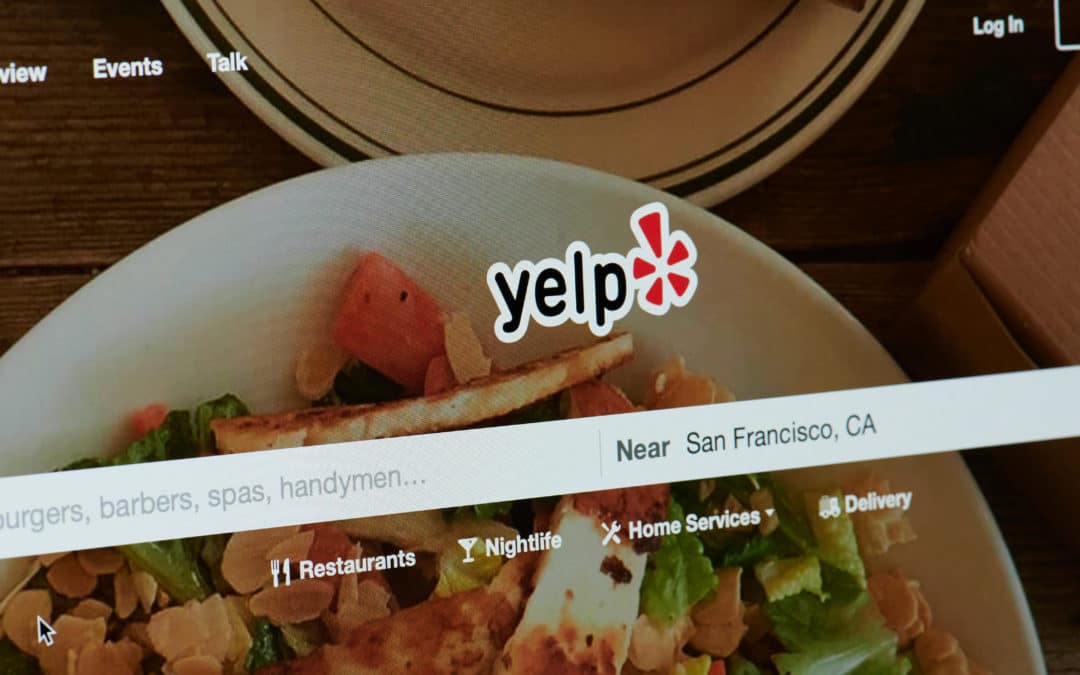I hear it from jaded clients all the time: “Yelp is a scam!” and “Yelp is only pay to play”. These clients are frustrated about Yelp’s algorithm for reviews. They spend hours trying to build their online reputation, only to have it torn down by a computer program. Then, they get a call from a Yelp agent asking if they want to advertise with them. Can you guess what their responses usually are?
The bottom line is, Yelp does not want you asking clients for reviews. Yelp, in my opinion, only wants “spontaneous” reviews from extremely happy and extremely angry clients. In fact, a quote directly from Yelp says, “Yelp is looking for three things. Are the reviews organic, authentic, and from a credible source. Translated, that means “spontaneous, true and from a frequent Yelp user”. The problem lies in the question, “which clients generally leave reviews?” (hint: it’s usually the angry ones).
As a business owner, you need to be able to manage your reputation online. That is why I’ve written this article. Below I am going to show you how to overcome this hurdle by coaching your customers to leave reviews that stick. But first, let’s look at a few metrics that matter:
Metrics that Matter
- How old is their profile? If they just created a profile and left you a review today, that might bee seen as suspicious to the algorithm.
- How many reviews has this client left on Yelp in the recent past? The more reviews they’ve posted, the more genuine Yelp will likely view their review about you.
- Where are they located? Are you a California-based plumber and receiving a review from your aunt in North Carolina? That may cause the review to be hidden.
- What kind of language did they use? Spontaneous reviews feel different than requested reviews. If the person used general, unexcited language, the review won’t seem “spontaneous”.
Quick Client Coaching Tips
- Have them mention the specific project or service you provided. If a customer says something like, “We’ve used Mark for landscaping a couple times and he’s great”, that may be flagged as ‘not organic’; but, if the client puts, “We just hired Mark to fix some of our sprinklers in the backyard, and he did an amazing job”, you might have a better chance of being pushed through.
- Include the time frame of the service. Was it today? Yesterday? Last week? Including a time frame makes the review more specific, and may help the algorithm understand why a user posted the review.
- Use excited language!!! Spontaneous reviews “feel” different than requested reviews. They show a sense of excitement. Using words like, “amazing”, “awesome”, “perfect” show a sense of feeling. Phrases like, “Truly amazing”, “Blown-away” or “Super excited!”, help show Emotional Value, which comes off as more “organic”.

